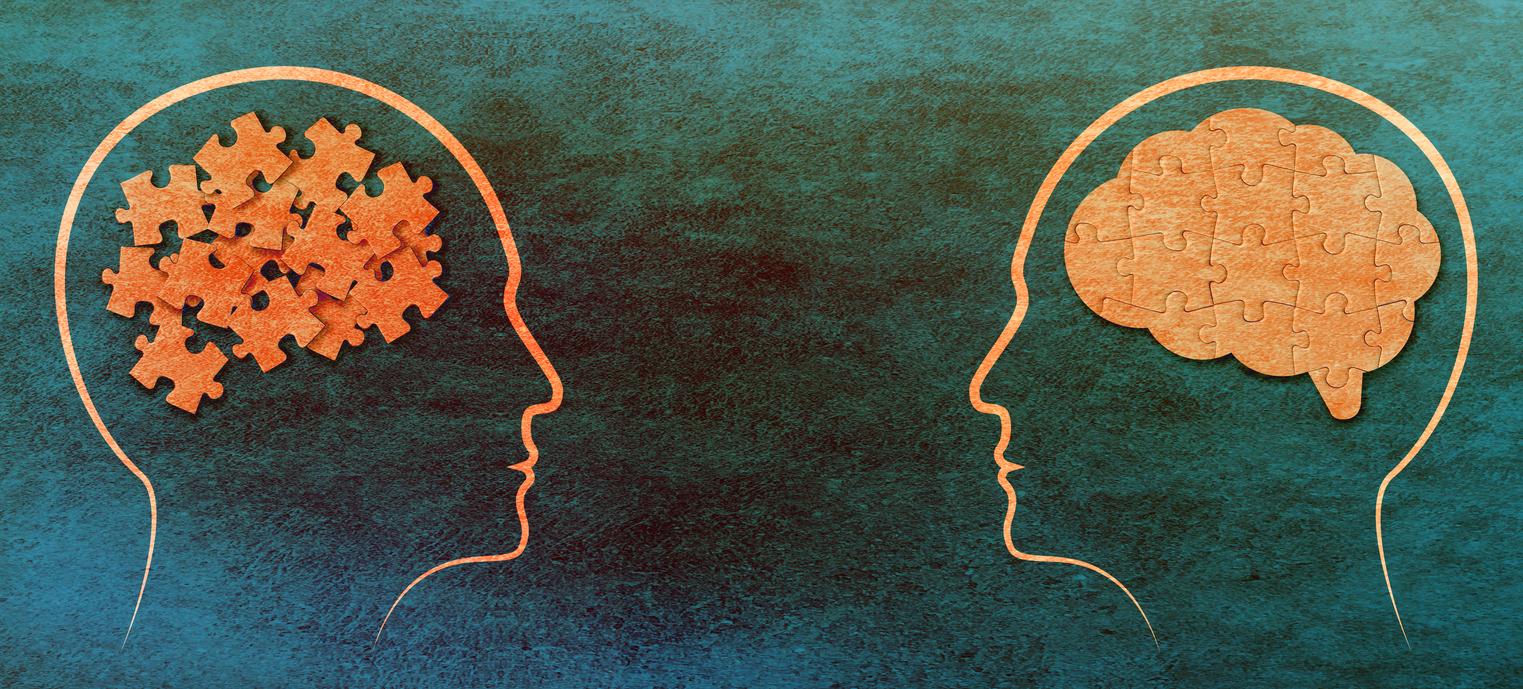Australian researchers have revealed that trust, which is essential in human interactions, has a significant genetic component.

- Using a large sample of twins, scientists estimated the heritability of trust.
- About 33% of the variation in confidence levels observed between participants was attributed to genes.
- However, environmental factors, such as education, cultural norms, and life experiences can also influence an individual’s confidence.
“Trust and trustworthiness are essential foundations of any well-functioning relationship and of society as a whole. It is a trait that is difficult to define and measure, and it can also change across different domains. E.g. , a person may demonstrate a high level of trust in social relationships but a low level of trust in politics. (…) Higher levels of trust are associated with a range of social and economic benefits, “So understanding the factors that influence our tendency to trust others could be used to improve community well-being.” indicated scientists from the University of Sydney (Australia).
Comparing the similarities in trust levels between “identical” and “false” twins
In a study, published in the journal Journal of Economic Behavior & Organization, they thus disentangled the genetic and environmental influences on trust. To carry out their work, the team recruited 1,120 twins, because research on these children from the same birth makes it possible to compare the similarities in trust levels between “identical twins”, who share 100% of their genes. , and “fraternal twins”, who share on average 50% of their genes. Next, the researchers estimated the heritability of trust using separate measures of trust: domain-specific political trust, self-reported general trust, and behavioral aspects.
Confidence: approximately 33% of variation in levels attributed to genes
Results showed that heritability estimates ranged from 1% to 37%. Although genetic factors contributed about 33% of the variation in trust levels observed between people, life circumstances, such as being older, healthier, and married or in a romantic relationship, all interacted. with genetic predispositions to influence a person’s confidence.
According to the authors, this work does not mean that people with certain genes are doomed to have high or low confidence. However, when thinking about our behavior and that of people we know, it is important to recognize that heredity is a component. “It can affect how we view ourselves and how we treat others. For example, by recognizing that a person’s distrust of politicians is partly due to the lottery of genes, we can understand why can someone who grew up in similar circumstances have such different beliefs.”
















